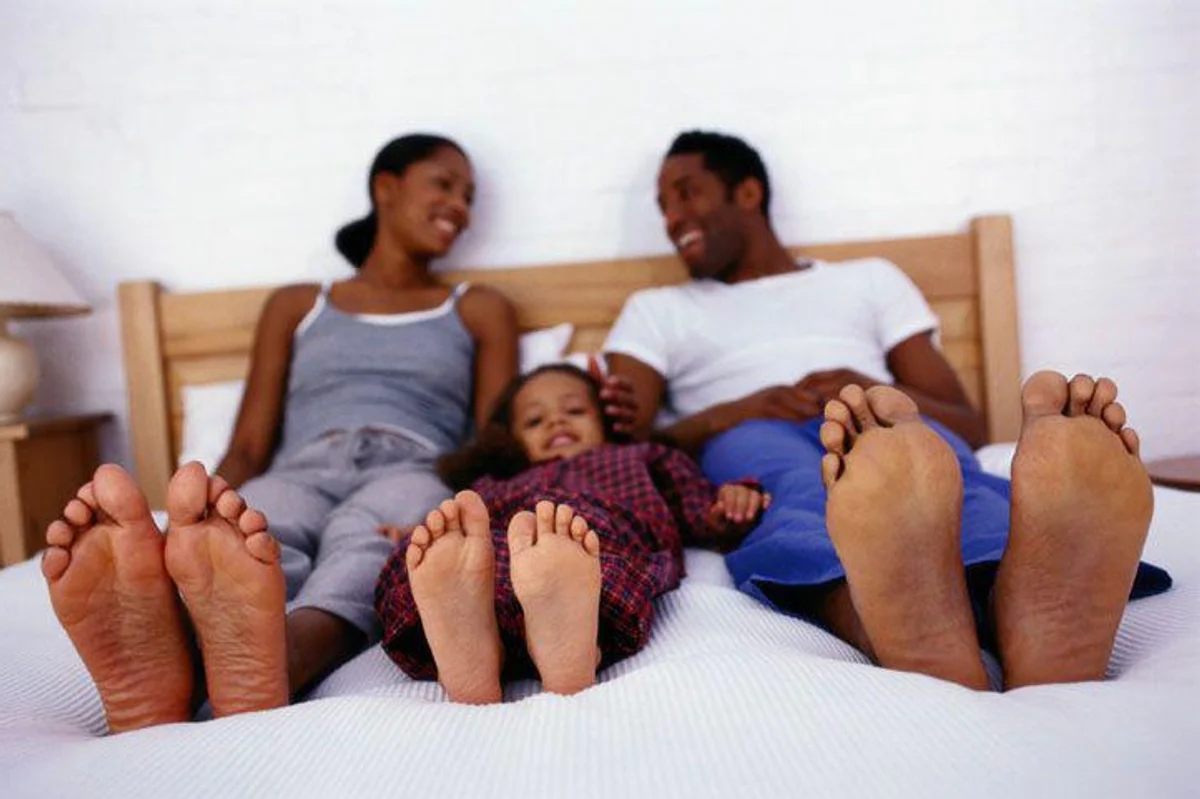They're the workhorses of our bodies, but we give them so little respect.
It's easy to take our feet for granted. They're just there, putting up with a host of challenges, from being jammed into high heels and elevated to unnatural heights to smothering inside sweaty socks or tight nylon pantyhose.
While suffering those indignities, our feet take hundreds of tons of force impact just during an average day of walking. That pounding explains why feet are the body part most likely to get injured.
You don't need an expensive spa treatment to take care of your feet. Spending just a few minutes a day on foot care and choosing the right shoes can keep you free of problems that may lead to pain and even disability. These ideas can help your feet feel great:
- Make a point to wash your feet (and between your toes!) with a washcloth carefully and regularly. Yes, that means bending over in the shower to soap them up; if you can't balance safely, use a long-handled shower brush or sit on a chair outside the tub as you wash your feet under the faucets. Be sure to dry feet completely, including between the toes. This wash-and-dry system lessens problems such as athlete's foot, odor, bacteria and fungus.
- If you like to soak your feet, forget the Epsom salts—they're too drying and don't offer any medical benefit. Instead, just use warm (never hot) water and a little liquid soap, such as dishwashing solution, containing skin softeners.
- Moisturize your feet after washing. During dry-skin winter months, you may want to moisturize several times a day. Nothing fancy is needed: basic lotions and creams are fine.
- Alternate the shoes you wear each day. That may mean having two pairs of your favorite everyday style, but shoes need time to air out to avoid triggering foot odor or infections. Change socks or stockings more than once a day. If you have a problem with smelly feet, soak them in a mixture of vinegar and water.
- Your feet should not hurt—ever. Tight shoes can worsen bunions, distort toe shape and cause painful foot growths. If you wear high heels, choose heels that are wide, stable and no higher than two inches. Toe boxes should be wide; pointed toes shouldn't begin their narrowing shape until well past the ball of the foot. To protect your Achilles tendon from shortening, alternate heel heights regularly.
- Flip-flops and completely flat shoes don't provide arch support. Neither does walking barefoot. Women are especially prone to developing flat feet, which can lead to other foot problems. To keep feet strong and healthy, minimize the amount of time you wear shoes that lack supportive arches.
- Pregnancy, aging and diabetes all affect your feet. Pregnant women need shoes with broad heels, arch support and good shock absorbency. Added pregnancy weight may cause your shoe size to change, so get your feet measured. Older women lose some of the cushioning fat on the balls of their feet; choose shoes that provide more shock protection. Diabetics can develop serious conditions related to the feet and lower legs. Check feet for any problems daily and see a podiatric physician at least annually.
- Be cautious about having a pedicure in a salon, where cleanliness of tubs and instruments is vital. If you have diabetes, talk with your doctor before having a pedicure.







